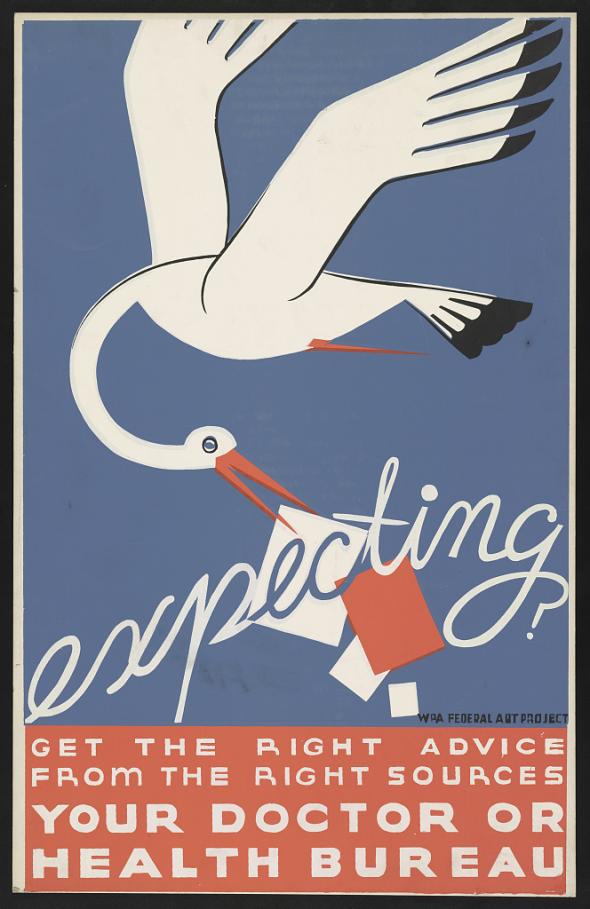There’s no way Donald Trump can broaden his electoral reach, like he boasts he will, Will Saletan writes. Reading polls coming out of 16 battleground states, Saletan finds that “by nominating Trump instead of Kasich or Rubio, Republicans have sacrificed more than 40 percentage points in net favorability. They’ve jeopardized a dozen states and more than 150 electoral votes.”
Elissa Strauss looks at new guidelines to prevent pregnancy discrimination, issued by the New York City Commission on Human Rights last week, and finds some evidence of a shift away from what she calls the “bubble-wrapped” approach to pregnancy. “Our paternalistic, overly cautious attitude towards pregnant women might, despite some recent, inane recommendations, be slowly fading,” Strauss writes.
Americans and Japanese people remember World War II quite differently, Isaac Chotiner finds in an interview with historian Carol Gluck, on the occasion of President Obama’s announcement of a planned visit to Hiroshima. “The countries’ national nuclear narratives are very much locked in place,” Gluck told Chotiner. “The Japanese national narrative is that the bomb gave Japan a mission for peace in the world. The bomb doesn’t end the war: It starts the postwar mission for peace. The American narrative is that the bomb ended the war and saved American lives. That’s the story.”
Scientists at Berkeley conducted research to find out how squirrels react when frustrated. It turns out they use a kind of tail language, and Rachel Gross, a big squirrel fan, is provisionally fascinated. “While it might be tempting for aspiring squirrel-whisperers to interpret such a study as a direct window into an animal’s emotional state,” Gross writes, “we should be cautious when it comes to thinking we can ever truly know what an animal is feeling.”
Responding to news of the sign language–to–spoken-word translation gloves created by a pair of prizewinning undergraduates, Alex Lu writes for The Establishment that this seemingly ingenious project only reinforces the expectation that deaf people should conform to a hearing world.
Listing several instances in which he has to find ways around requests for spoken input in his everyday life, Lu writes: “When I tell these stories to hearing people, they reach a different conclusion than me. To them, these ideas reinforce the need for technologies like these gloves. If Deaf people could speak, that would resolve these access issues, right? But they never seem to question the premise. They take for granted that it’s spoken language or bust.”
For fun: Matthew Dessem ranks the best streamable Toonces the Driving Cat sketches.
I guess I just assumed he could drive,
Rebecca
